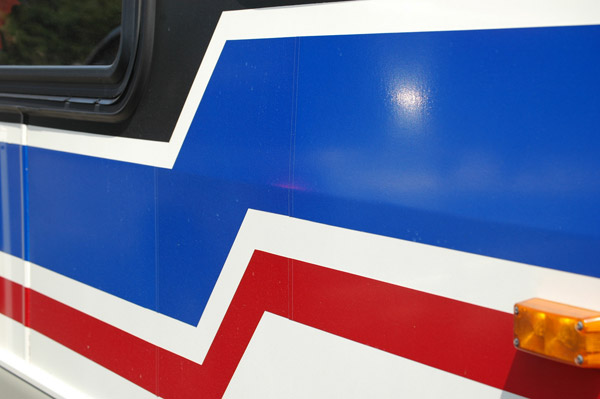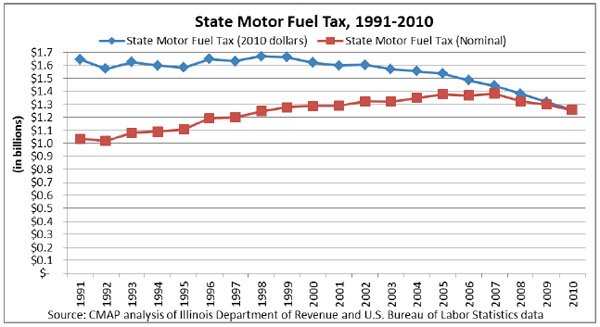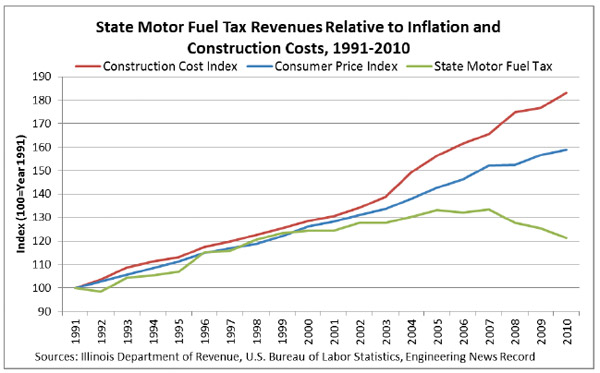
* WBEZ's Chip Mitchell reports that Chicago is putting some TIF money towards Bus Rapid Transit—common overseas, not as much here—the bulk of it right now going to downtown routes. It's cheap.
The cost to construct a bus rapid transit network is estimated at $13.3 million per mile, according to the study. The capital cost of building a heavy rail system similar to the CTA rail structure averages more than $96 million per mile, the report said.
Cost of rail, incidentally, is a big barrier to public transportation, so expect more BRT where this comes from.
I'm most excited for the work on the Western BRT, which Mitchell reports will get some federal money, and not just because I live a couple blocks from Western. The expense of rail has prevented the "Circle Line" concept—basically a second, western Loop—from being built and speeding north-south transit west of the Loop. The Western BRT line will be something of a compromise solution.
* Here's one reason it's tough to fund rail—it's the new gay marriage:
“Federal transportation and infrastructure policy has traditionally been an area of strong bipartisan agreement,” says Aaron Naparstek, a Loeb Fellow at Harvard University’s Graduate School of Design and founder of Streetsblog.org. “Now, it seems, Republicans want to turn cities into a part of the culture wars. Now it’s abortion, gay marriage and subways.”
No, really: Agenda 21, which recently caused one of my hometown's rare mentions in the national media (a snit over a $1,200 billing, because we do not roll deep in Roanoke) is something of an issue for urban planners.
* More broadly, there's the immediate fight in the house right now over transportation funding:
The legislation would curtail the use of motor fuel tax money for mass transit. Instead, that revenue would be devoted entirely to roads and bridges. Mass transit would be funded for five years by a one-time general appropriation of $40 billion, the source of which is yet to be determined.
* Of course, road funding is harder to come by these days, too. Here's the situation in Illinois:


There, in two graphs: why we can't have anything nice. As gas prices go up, the willingness to raise gas taxes drops. Which is understandable: it's a regressive tax that falls hard on what people do to earn money. So the desire to shift all gas-tax money to bridges isn't all Agenda 21 insanity.
* How we think about public transportation, in one quote:
On Wednesday, Metra riders will see their ticket prices skyrocket as much as 35 percent. And because of the cost of gasoline and parking in downtown Chicago, Shepherd and other commuters say they have little choice but to dig deeper into their wallets and pay up.
"They (at Metra) have you captured," said Kathy Gibbons, 47, who commutes every day from La Grange.
"Driving is much more expensive, even with the increase. So I will still take the train," she said.
Photograph: -Tripp- (CC by 2.0)


